WELCOME TO THE MDMOM TRAINING CENTER
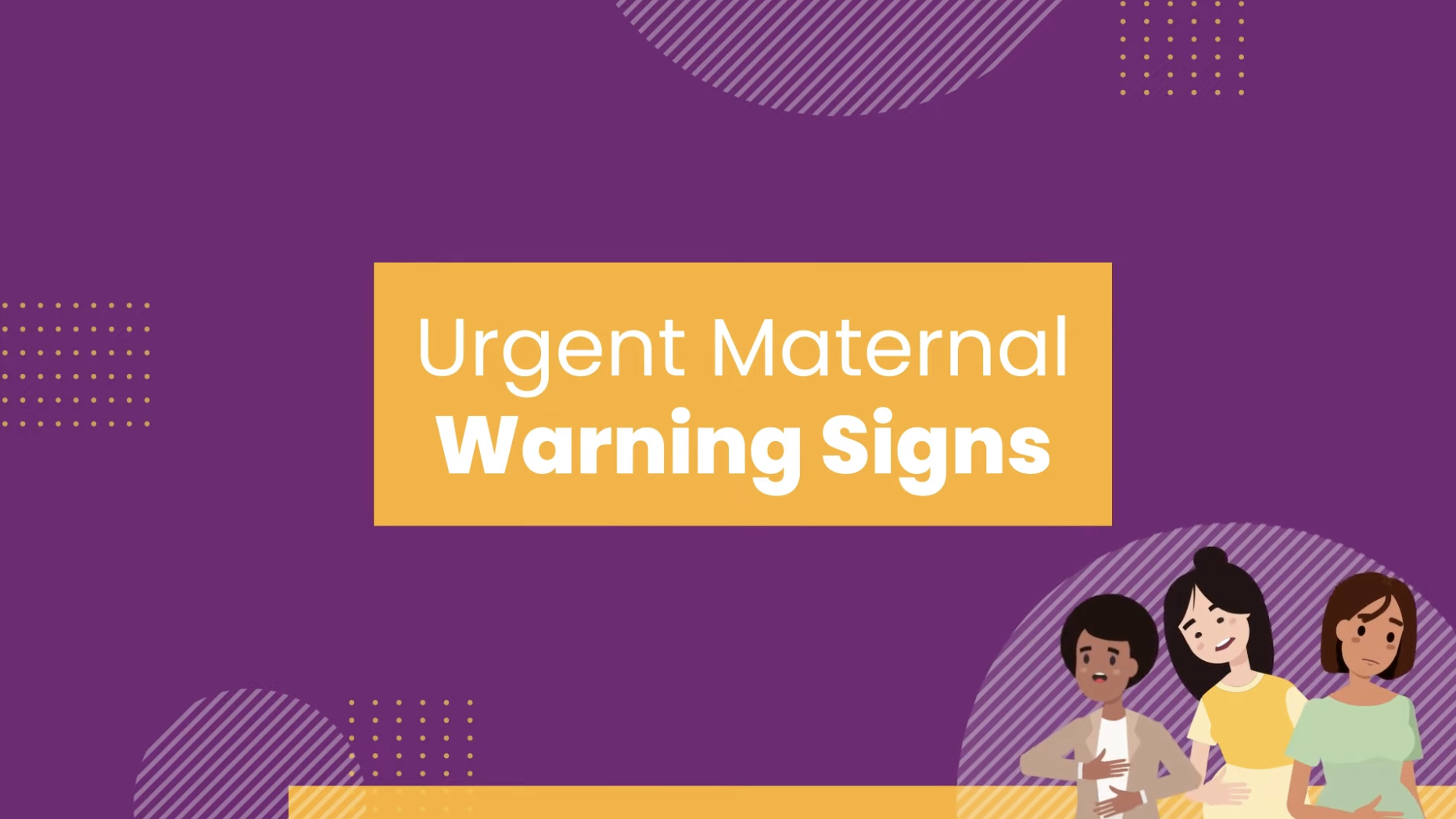
Empower: Maternal Warning Signs Trainings
This training is designed to provide home visitors, doulas, and community health workers with the knowledge and tools to educate families on the warning signs of maternal complications during pregnancy and the year after delivery. The 1.5 hour online training includes four modules that cover the following topics:
- Trends in maternal health
- Urgent maternal warning signs
- Effective health communication
- Supporting client self-advocacy

Mothers and Babies Training
Mothers and Babies is an evidence-based intervention to help pregnant women and parents manage stress and prevent postpartum depression. MDMOM and Northwestern University are offering training and support to home visiting programs in Maryland interested in implementing MB. Training includes two half-day sessions that provide home visitors an opportunity to practice activities in small groups, discuss client selection, and plan for implementation.
Objectives:
- Become familiar with core concepts of Mothers and Babies, including Attachment Theory, Cognitive Behavioral Theory, Psychoeducation, and Mindfulness
- Understand strategies to help manage mood and stress within the context of parenting a baby, focusing on three specific areas: encouraging more engagement in pleasant activities, promoting healthier ways of thinking, and improving social support.
- Learn how to use the Mothers and Babies manual to facilitate sessions with your families.
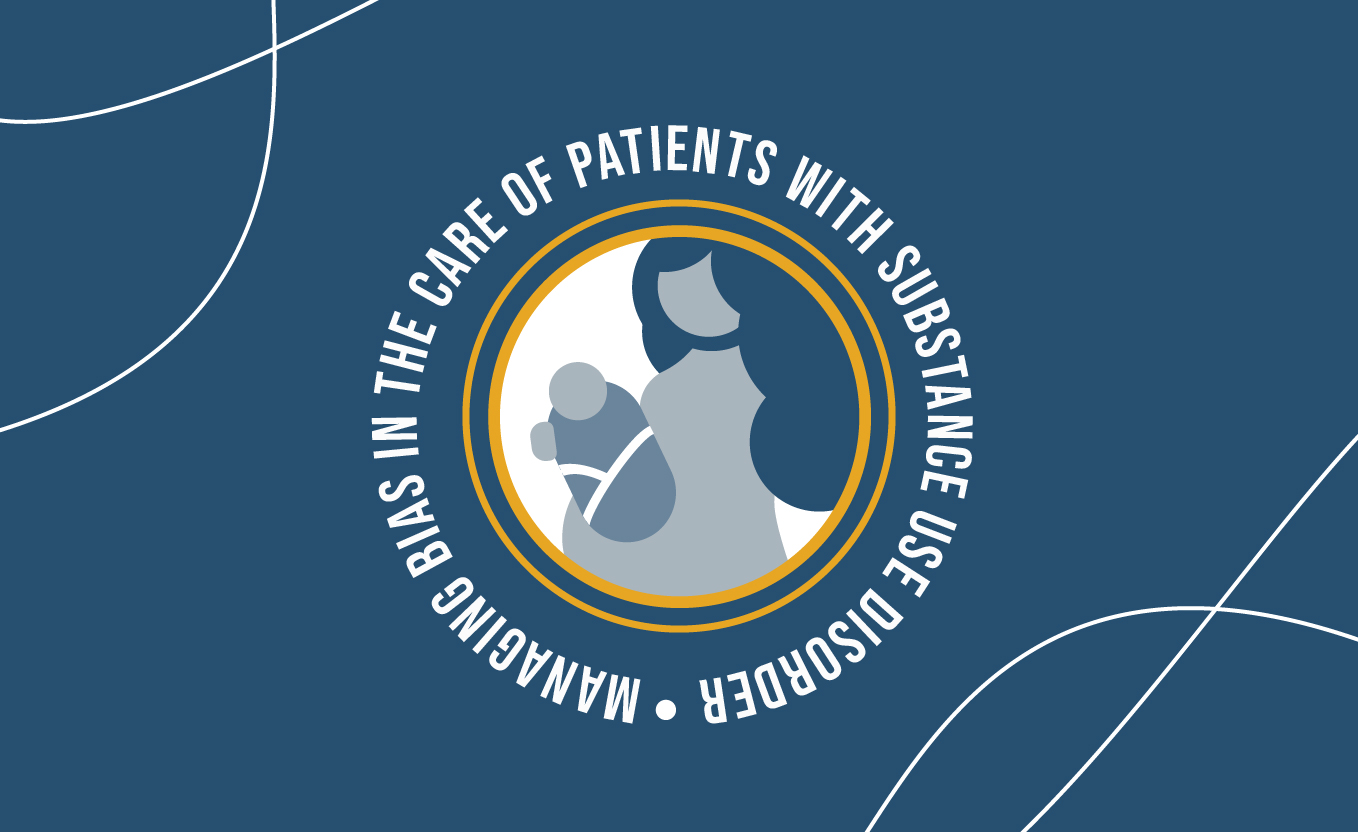
Managing Bias in the Care of Pregnant and Parenting Women with Substance Use
This training, designed for maternal healthcare professionals in Maryland hospitals, provides evidence of bias in the care of childbearing women with substance use disorder and strategies for bias mitigation. The 1 hour online self-paced training includes three modules that cover the following topics:
- Addiction in pregnancy
- Bias and discrimination
- Supportive care
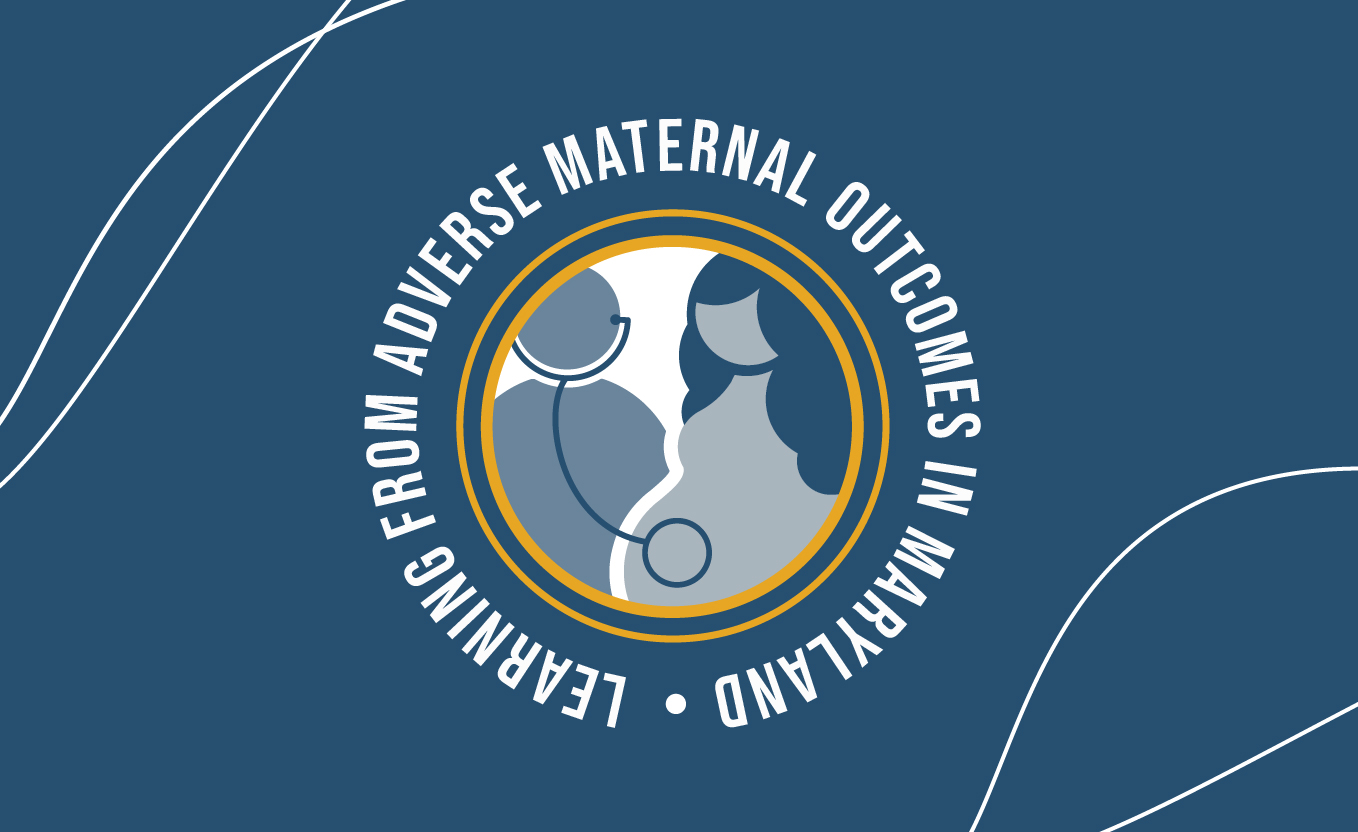
Learning from Adverse maternal events in Maryland
This training, designed for maternal healthcare professionals in Maryland hospitals, explores trends in maternal mortality and severe maternal morbidity at the national and state level, and deidentified cases from Maryland hospitals. The 1 hour online self-paced training includes three modules that cover the following topics:
- Trends in maternal mortality and severe maternal morbidity
- Case reviews of maternal mortality
- Case reviews of severe maternal morbidity
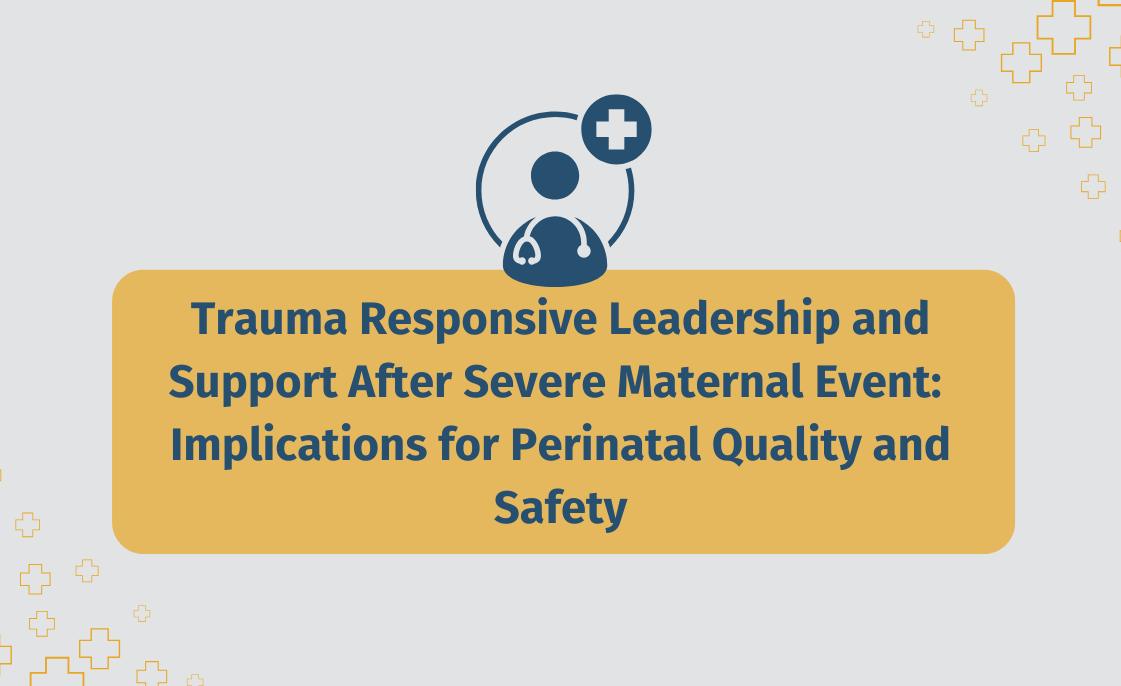
Support after Severe Maternal Event and Perinatal Quality and Safety
Rates of severe maternal morbidity and mortality have been increasing. Perinatal nurses and providers are significantly impacted by these events and require support, yet may be unprepared or unaware of how to access resources for support. Debriefing as a team after an adverse event to identify opportunities' to improve has been highlighted by organizations such as the Alliance of Innovation in Maternal Health and The Joint Commission as a critical to improving perinatal safety. Yet many of those who lead debriefs have not been formally trained and formal workflows do not exist to connect perinatal clinicians in need of support to more formalized support programs within the hospital. This presentation aims to shine a light on gaps in the current debriefing process and the implications this has on perinatal quality and safety.
- Outline gaps in prenatal debriefing and consider the impact on patient safety, quality, and perinatal clinicians
- Describe the need for debriefing after severe maternal events
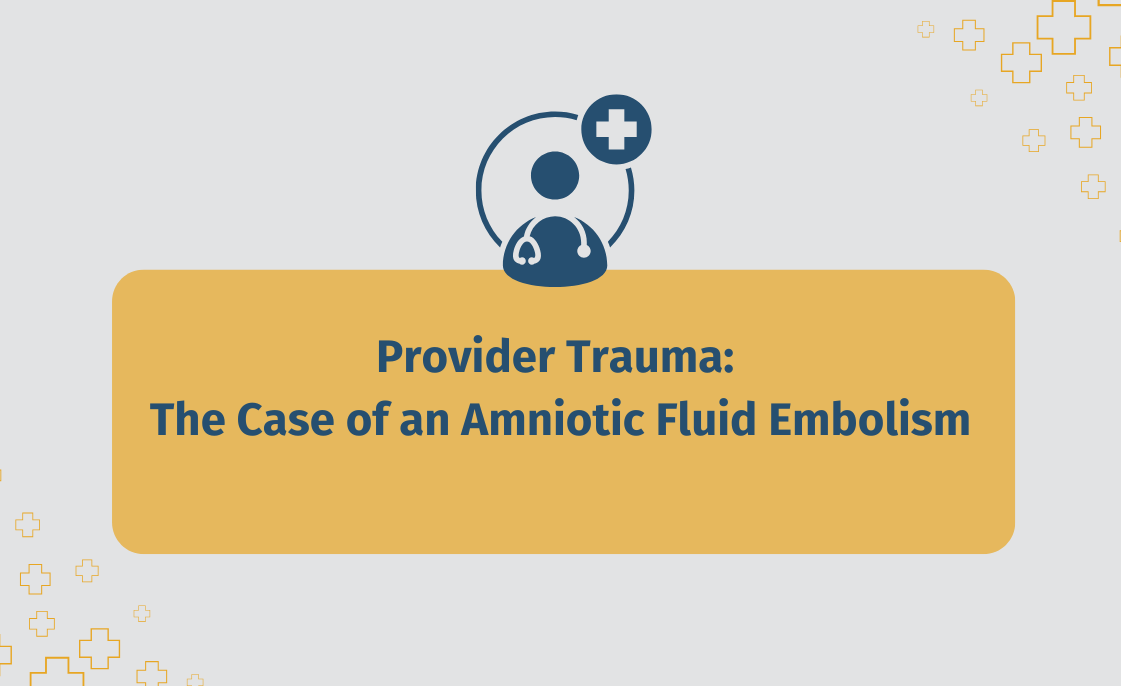
Provider Trauma: The Case of Amniotic Fluid Embolism
Severe maternal events, among other obstetric emergencies, increase the risk for trauma, not only for patients but also for providers. OBGYNs and L&D staff are in a unique position to witness the extreme spectrum of tragedy and joy within a single day on their unit. The cognitive and emotional flexibility required for such work must be supported and fostered in order to uphold the health and safety of the unit. This presentation will describe provider trauma and its intersection with patient trauma through the case of an Amniotic Fluid Embolism. It will provide strategies for recognizing and supporting providers who have experienced trauma with the goal of a safe and healthy unit for everyone.
- Recognize provider trauma, particularly in the setting of a severe maternal event such as amniotic fluid embolism
- Understand the intersections of provider and patient traumas
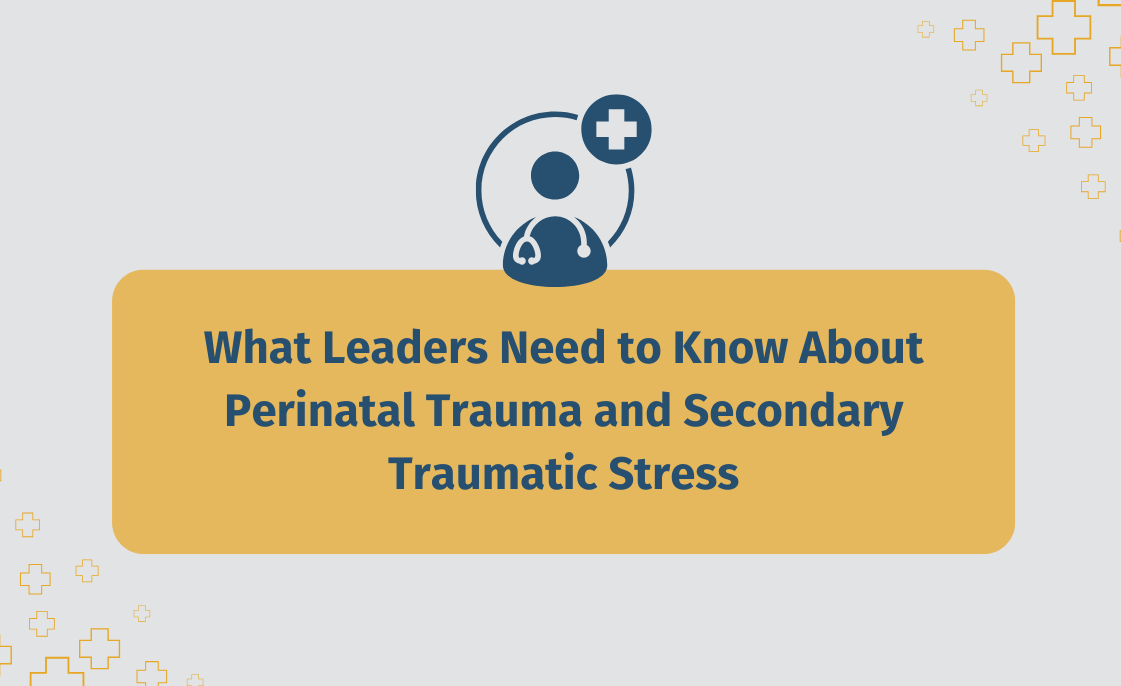
What Leaders Need to Know about Perinatal Trauma and Secondary Traumatic Stress
What do leaders need to know to support their staff? In this session, we will cover the basics trauma responses in patients and staff and discuss the perinatal care-specific concerns leaders need to be cognizant of as they build their trauma-responsive toolkit.
- Appreciate the impact of perinatal-specific trauma on staff’s risk of secondary traumatic stress and other psychological distress.
- Foster trauma-responsive leadership techniques to improve staff well-being.
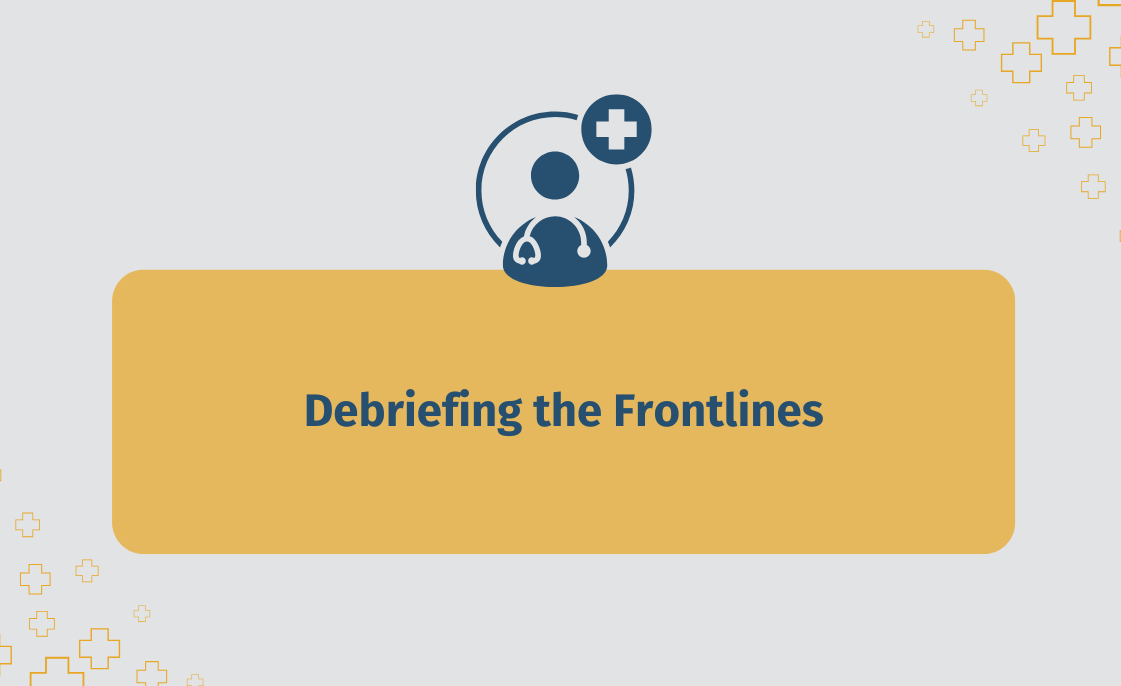
Debriefing the Frontlines
Trauma is a pervasive problem, it is seen and felt everywhere within the healthcare system. Although unavoidable, leaders play a crucial role in creating and maintaining healthy work environments that prioritize physical and emotional well-being. Through debriefing practices, leaders can foster a culture of safety, role model empathy, encourage open, retaliation-free communication, and uncover vulnerabilities to prevent further harm to staff and patients alike. This workshop explores how leaders can utilize debriefing tools to promote psychological safety, increase workplace morale, and build trust in an authentic and meaningful way that contributes to staff well-being, retention, and quality patient care.
- Discuss the crucial role leaders have in creating and maintaining healthy work environments that prioritize staff physical and emotional well-being.
- Explore meaningful debriefing practices as a tool for cultivating psychological safety and systems change.
- Reflect on your own leadership practices and identify areas to implement debriefing techniques.
Get started by registering for CoursePlus:

You can retrieve your account information if you do not remember your CoursePlus username and/or password by filling out the account retrieval form. Contact CoursePlus Help (http://ctl.jhsph.edu/help) if further assistance is needed.